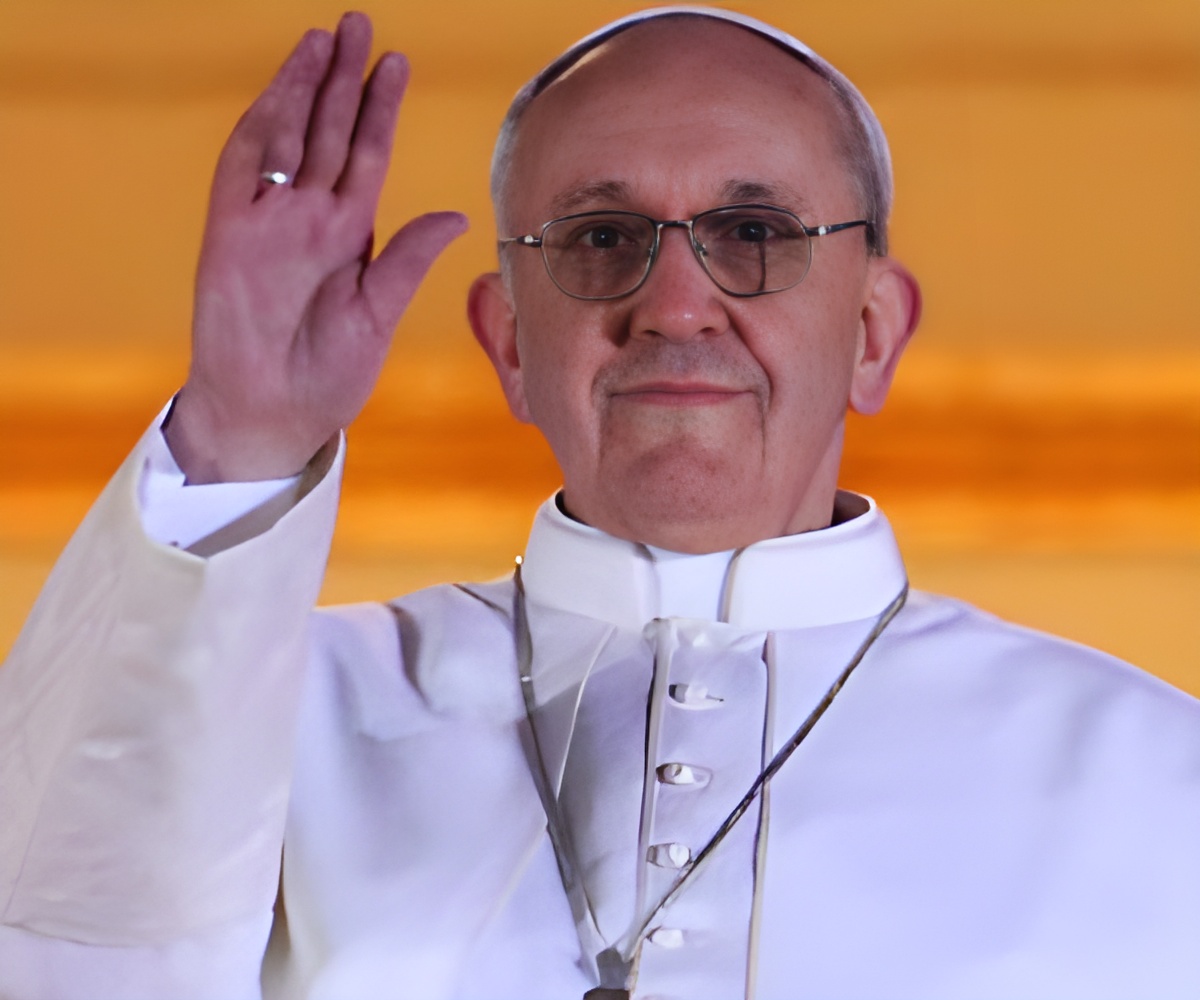For many Catholics, praying to the plethora of saints could be the solution if they have lost a wallet or are making a long, unknown journey.

But for many Catholics -- who unlike Protestants and Muslims are not considered to have a direct connection to God -- the saints are important intermediaries, said Odon Vallet, a historian specialising in religion.
"The further away God appears, the more you need intermediaries," Vallet said.
In Catholicism, there are specific saints to turn to for help. Catholics have a slew of patron saints whom they view as heavenly advocates of a nation, place, trade, activity, clan, family, or person.
There is Saint Honorius, the patron of French bakers and confectioners; Saint Matthew, who oversees the welfare of the Italian city of Salerno as well as of bankers and tax collectors; and the enormously popular Saint Jude, the patron saint of desperate cases and lost causes.
Protestantism, a reaction to Catholic dogma and ritualism, put the breaks on canonisation in the late Middle Ages and has not named a new saint since the 16th century. In time of need, the faithful address themselves directly to God.
Advertisement
"There is an analogous respect for prophets and patriarchs such as Abraham among the Jews as well, and the tombs of Rachel and David are very frequently visited," Vallet added.
The advent of monotheism and God as the embodiment of perfection gave rise to the need for saints, as ferrymen to the divine and performers of miracles.
This also spawned pilgrimages to religious sites to attain salvation, often coupled with the hope of miraculous healing.
There is the arduous walking pilgrimage to the northern Spanish town of Santiago De Compostela, which houses the shrine of Saint James the Great.
And Lourdes in southwestern France receives six million visitors a year who come to see a grotto where the Virgin Mary is said to have appeared to a local peasant girl in 1858.
Many faithful believe that the girl, who became Saint Bernadette, performs miracles.
But the issue of miracles -- a passport to sainthood as candidates must be shown to have performed them -- is more contentious than ever.
In the Middle Ages, an unexpected healing was often cited as proof of the existence of God. And physical conditions that are medically explainable now were often misinterpreted as signs of God or the Devil.
"It was only at the start of the 20th century that science gave way to the understanding that epileptic convulsions were due to neurological disorders and were not linked to possession by the Devil," said Jean-Claude Monfort, a doctor and psychologist.
The concept of miracles has suffered in recent years from the proliferation of "faith healers" and dubious "pseudo-ministries" that prey on the weak, said Monfort.
But, he added, "it is undeniable that faith can lead to a sense of better well-being physically and psychologically, and maybe even healing."
At Lourdes, one of the world's most popular pilgrimage sites, there have been 69 registered miracles in the past 150 years.
Its resident doctor, Alessandro De Franciscis, said miracles are as much about personal faith as the intervention of saints.
"Lourdes is not a place of treatment, it's a place of pilgrimage," he said.
"In the performance of miracles -- of healings that are unexplained but verified and long-lasting -- man is able to tap the resources that each of us has but which are difficult to call on in everyday life without faith."
Source-AFP











